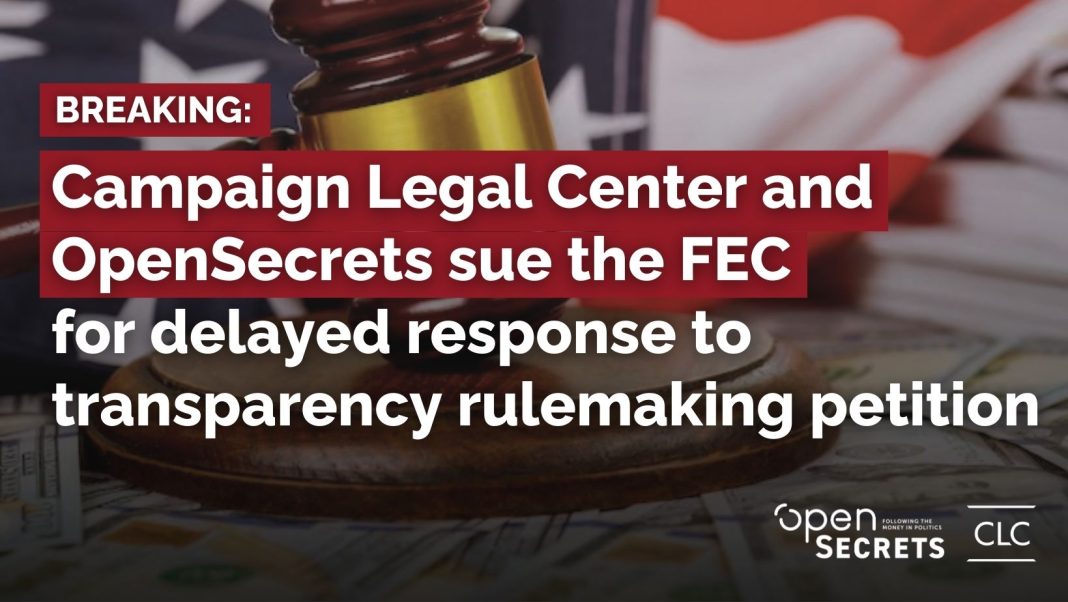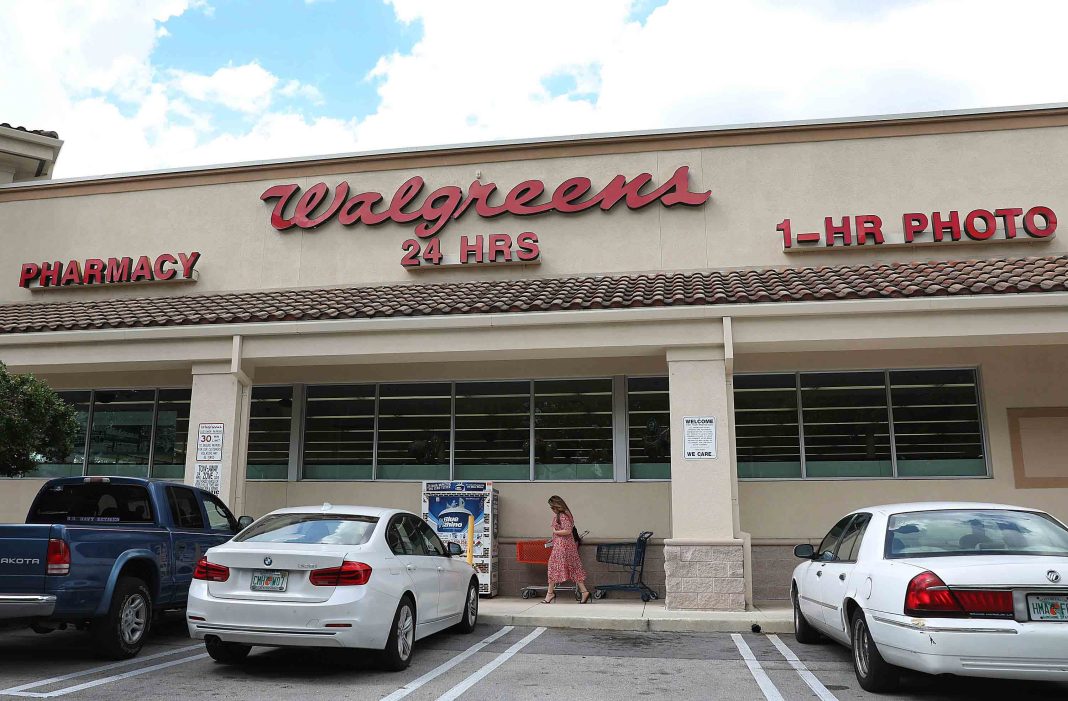 The battle between Uber and California’s AB5 law took a blow on Monday as a US appeals court rejected Uber’s bid to challenge the law. The law, which was passed in 2020, could potentially force Uber and other app-based transportation companies to treat their drivers as employees rather than independent contractors, which would significantly increase labor costs. However, the appeals court upheld a lower court ruling that stated Uber had failed to demonstrate that AB5 unfairly targeted transportation companies while exempting other industries.
The battle between Uber and California’s AB5 law took a blow on Monday as a US appeals court rejected Uber’s bid to challenge the law. The law, which was passed in 2020, could potentially force Uber and other app-based transportation companies to treat their drivers as employees rather than independent contractors, which would significantly increase labor costs. However, the appeals court upheld a lower court ruling that stated Uber had failed to demonstrate that AB5 unfairly targeted transportation companies while exempting other industries.
In response to the ruling, Uber released a statement affirming that it would not alter the classification of its drivers as contractors. This classification is currently protected by Proposition 22, a ballot initiative that was passed in 2020. Proposition 22 allows companies like Uber to continue treating their drivers as contractors, providing cost savings for the company.
The fate of Proposition 22 is also being challenged in a separate case at California’s top court. Arguments have been presented by a labor union and four drivers who claim that the ballot measure is unconstitutional. The outcome of this case will further determine the future of worker classification in the state.
The 9th Circuit Court of Appeals defended AB5 in its ruling, acknowledging that there are valid reasons for treating transportation and delivery referral companies differently from other types of referral companies. The court stated that the California legislature viewed transportation and delivery companies as the main culprits of worker misclassification, which AB5 aims to address. Under AB5, employees are entitled to benefits such as the minimum wage, overtime pay, expense reimbursements, and other protections that independent contractors do not receive. Uber and similar companies prefer to classify their workers as contractors in order to maintain control over costs.
This clash between Uber and AB5 reflects a broader national debate surrounding worker classification. There is ongoing discussion about state and federal laws and regulations that could require more companies to classify their workers as employees rather than contractors. In fact, US business groups have sued the Biden administration over its efforts to make it more difficult for companies to classify workers as independent contractors.
It is worth noting that studies have shown that employees can cost companies up to 30% more than contract workers. This cost disparity is a major factor in why companies like Uber are fighting to maintain the contractor classification for their drivers.
The state court in Massachusetts is also tackling the issue of worker classification. They are considering whether voters should have the opportunity to vote on ballot proposals that could redefine the working relationship between on-demand drivers and their companies in the state.
AB5 in California has raised the standard for proving that workers are truly independent contractors. Companies must now demonstrate that workers are not under their direct control, not engaged in their usual course of business, and operate their own independent businesses. Uber and two of its drivers initially sued over the law in December 2019, claiming that AB5 was unconstitutional and specifically designed to target workers and companies in the on-demand economy. Although a federal judge dismissed the lawsuit at an earlier stage, a three-judge panel of the 9th Circuit Court of Appeals revived the case last year. However, the recent ruling by an 11-judge panel has overturned Uber’s previous win, dealing a blow to their legal challenge against AB5.
In conclusion, Uber’s bid to challenge California’s AB5 law has been rejected by a US appeals court. The court upheld a lower court ruling that stated Uber had not proven that AB5 unfairly targeted transportation companies while exempting other industries. This ruling solidifies that Uber drivers will continue to be classified as contractors under Proposition 22. However, the fate of Proposition 22 is still being deliberated by California’s top court. The broader national debate over worker classification continues to be a contentious issue, with studies indicating significant cost differences between employees and contractors. The outcome of these legal battles and debates will shape the future of worker classification in the United States.


